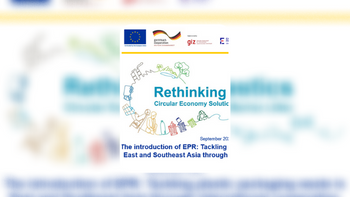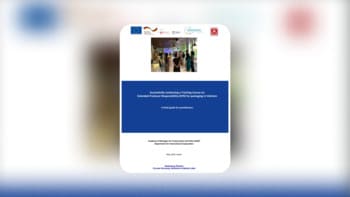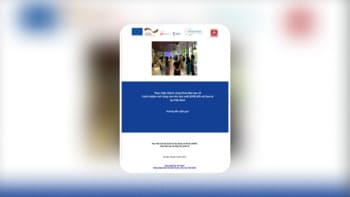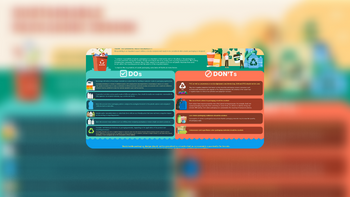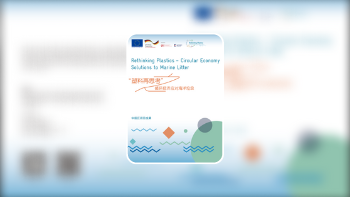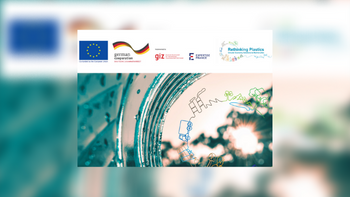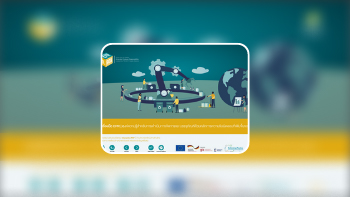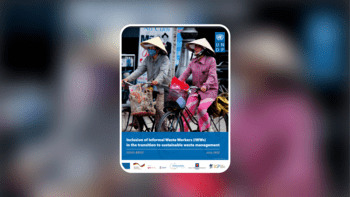- pdf: https://rethinkingplastics.eu/media/acfupload/EPR_Key_learnings_Rethinking_Plastics.pdf
- Key Area: Waste Management
- Text Body 1:
Since 2019, practitioners in China, Indonesia, the Philippines, Thailand, and Vietnam have been exchanging under the project’s initiative on EPR for packaging. Governments, municipalities, producers, recyclers, and civil society shared experiences, challenges, as well as recommendations, and international experts contributed technical and regulatory advice and best practice examples from Europe.
This presentation displays the lessons learnt of the Rethinking Plastics project, looking back at 3.5 years of very divers EPR developments in the different project countries. It shall discuss potential enabling and hindering factors for EPR for packaging as well as the potential that the international cooperation between the two regions but also among the project countries in Asia presents to accelerate the effective introduction of EPR.
Since 2019, practitioners in China, Indonesia, the Philippines, Thailand, and Vietnam have been exchanging under the project’s initiative on EPR for packaging. Governments, municipalities, producers, recyclers, and civil society shared experiences, challenges, as well as recommendations, and international experts contributed technical and regulatory advice and best practice examples from Europe.

